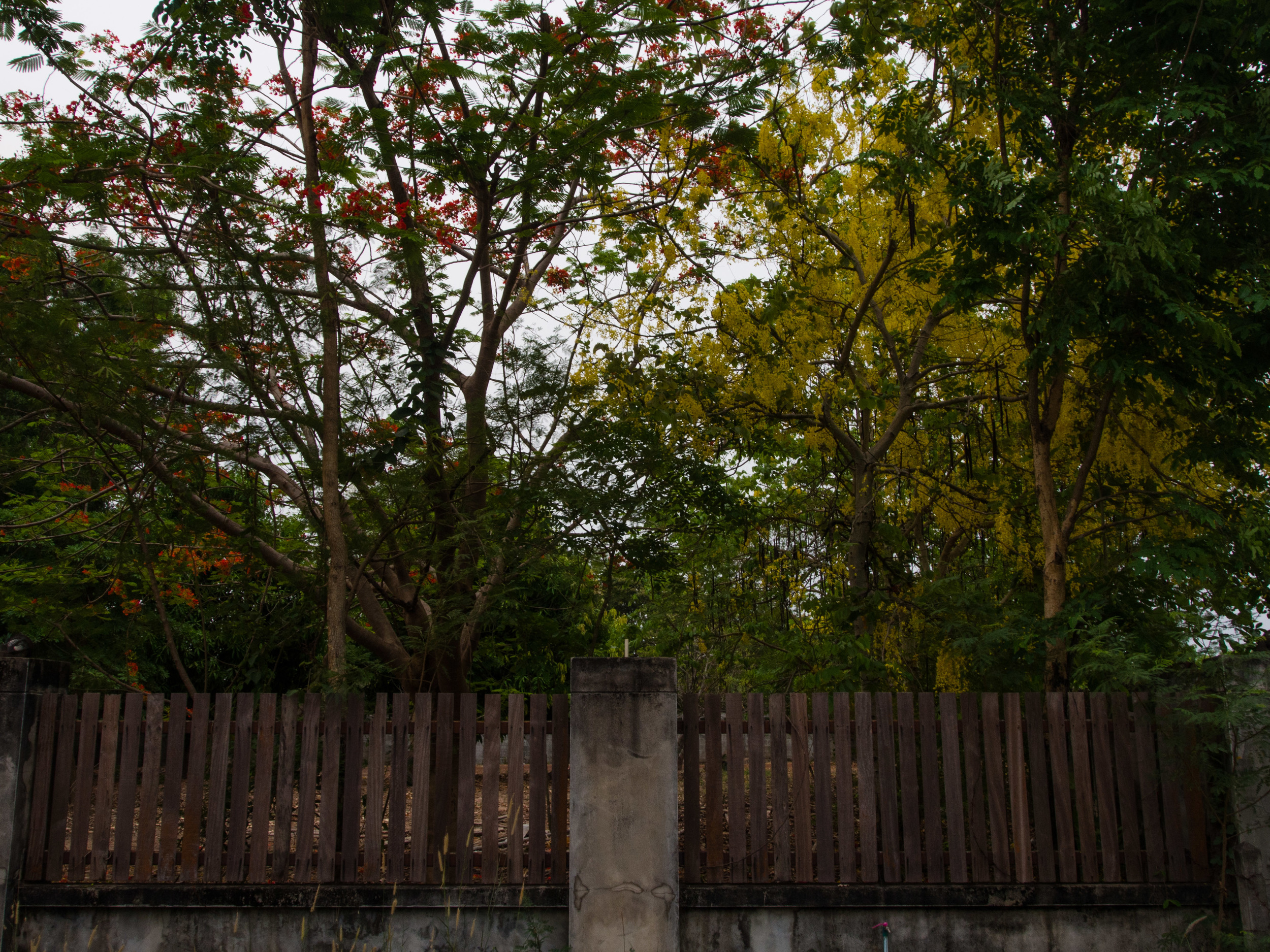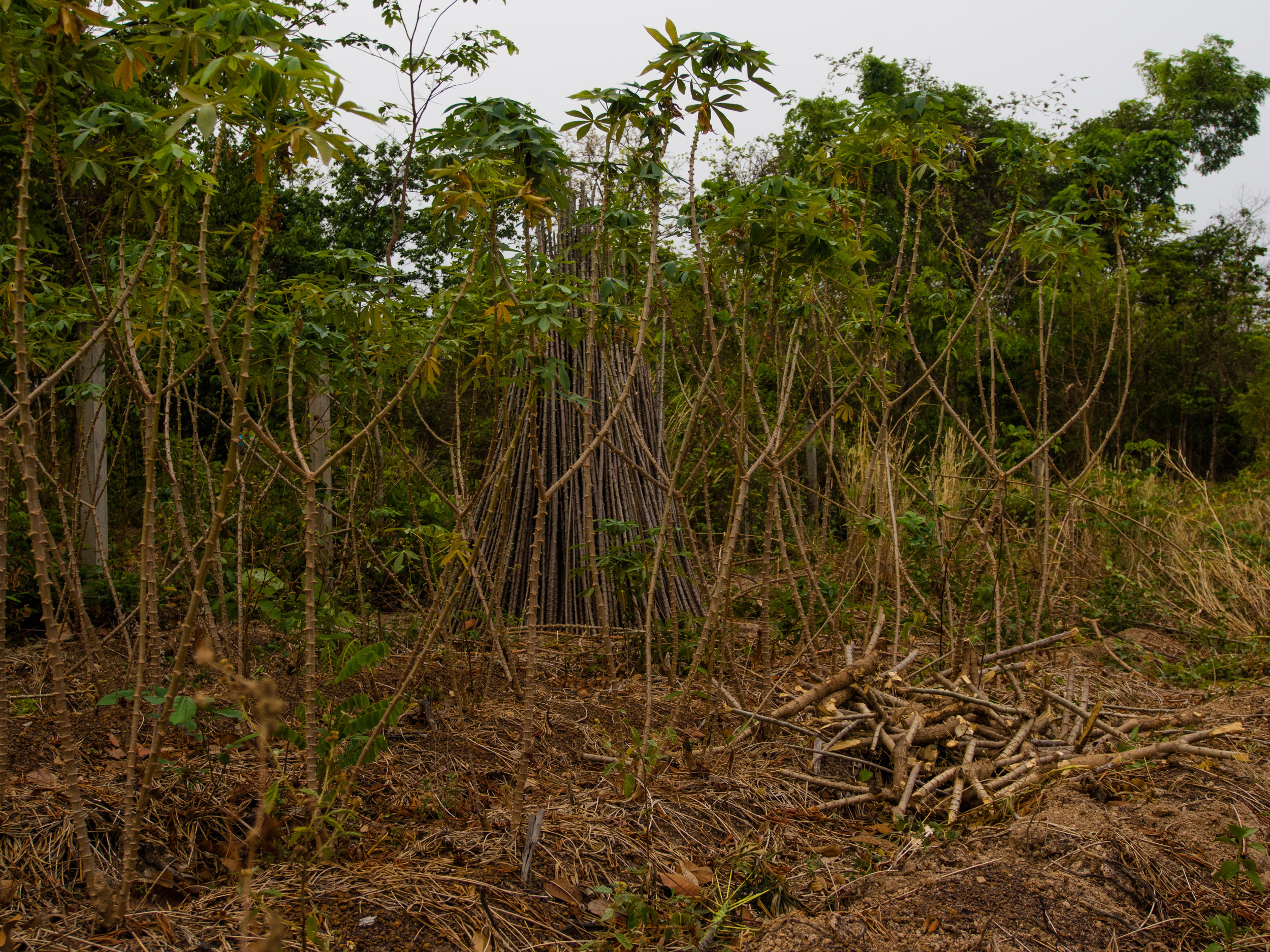While coping with the recent, tragic death of our patient, I spent time reflecting on safety and risks. While reflecting, I realized I was not sure what our plan was for Sam (I introduced Sam back on January 7 - he has terminal cancer). I have noticed him slowing down a bit, limping more, and struggling to maintain his appetite. A brief talk with staff revealed the belief that he didn’t understand his medical problem or diagnosis (cue raging internal westerner nuclear explosion of “Are You Kidding Me!?!”).
Let me quickly explain the role of my workplace. The Care Center I work at acts as an extension or substitute for family care. With two nurses we can provide a higher level of care. However, the goal is to ease the burden of families who cannot afford to stop work and care for a loved one, or to provide the care those without family cannot get. In Thailand, even an inpatient hospital stay requires family to feed, bathe, and change you. It is a much different healthcare model.
Monday, I had a short but fruitful interactions with 2 other staff, but then the conversations stalled.
Thursday morning Krisida turned to me and basically said, “do you think today would be good to talk to Sam? I can interpret for you.” Uhhhh...Uhhhhh....Uhhhhh......Okay? (I had offered).
Luckily the morning’s activities provided me time to mentally prepare, but before I knew it we were all sitting down. The conversation started simply as I asked, “what do you know about current health state?”
Sam provided a comprehensive chronology of his medical history over the last 8-10 years. A frustrating number of procedures, surgeries, or exams ended with him not receiving information or not understanding results (feels like the U.S.A.). To move forward, I shared the basics of cancer and the body. I then explained our understanding that the doctors believe the cancer has returned and there is no more treatment to cure it. I asked “can you explain what it means that there is no more treatment to cure the cancer?”
With a little back and forth, he showed understanding of the cancer returning, but does not believe it has moved to other organs. I decide it is best to explain signs that it is spreading and what to expect. He says he has most of those signs - fatigue, weight-loss, and more pain. With a smile and a laugh he says he will fight the disease, but then soberly mentions, “when it is time to sleep, I will go to sleep.”
Later, I professionally tunnel through a heartbreaking moment where he explains that he has already crossed the highest mountains of suffering. Although we are far from the end, I trust and pray that he is right. He briefly shares his final wishes and by conversation’s end it is clear that he will remain hopeful, but understands as much as he would like.
After, I am pretty proud of myself. I was professional and caring, but able to compartmentalize most of my emotions. I think he is on a path to understanding and preparation. It was something I was nervous about and did not want to do, but I did the right thing. Didn't I?
Sure!
Until this morning’s bike ride when I listen to an episode of This American Life that puts everything into question. The episode is called ‘In Defense of Ignorance,’ and it gave me great pause. The story is about how a Chinese family stages a wedding a year early so everyone can come visit their grandmother before she dies of Stage 4 cancer, and no one lets on that she is dying. In Chinese culture everything is different and you do not tell someone you love that they are dying. “The Chinese believe that mental and emotional health is completely linked to physical health” (5:43). She proceeds to live for 3+ years after the wedding. Thanks This American Life.
Now I question it all. Did I come at this from a Western perspective of knowledge is power or control? Was I culturally insensitive? Did I do him a disservice? Have I impeded his happiness by calling attention to his illness? Did I do this because it was right or because I thought it was right?
I probably won’t be able to answer these questions any time soon, but I am glad that I did not follow the Western model of using the actual words “you are dying.” I also wish I had paid more attention on Monday when it was mentioned that ‘people are often not told here.’
I take some solace that Krisida thought it was an important enough idea that he was willing to translate, and it is not in his character to go along to avoid confrontation. I also take a lot of solace in that Sam keeps smiling, keeps interacting with all the patients, and I do not see any change in his demeanor since our conversation yesterday. If nothing else, I hope he is less hesitant to ask for pain medications now that he acknowledged he has suffered enough.
But it is another reminder of how softly I should step - how lightly I should tread.
Images from my bike ride.





